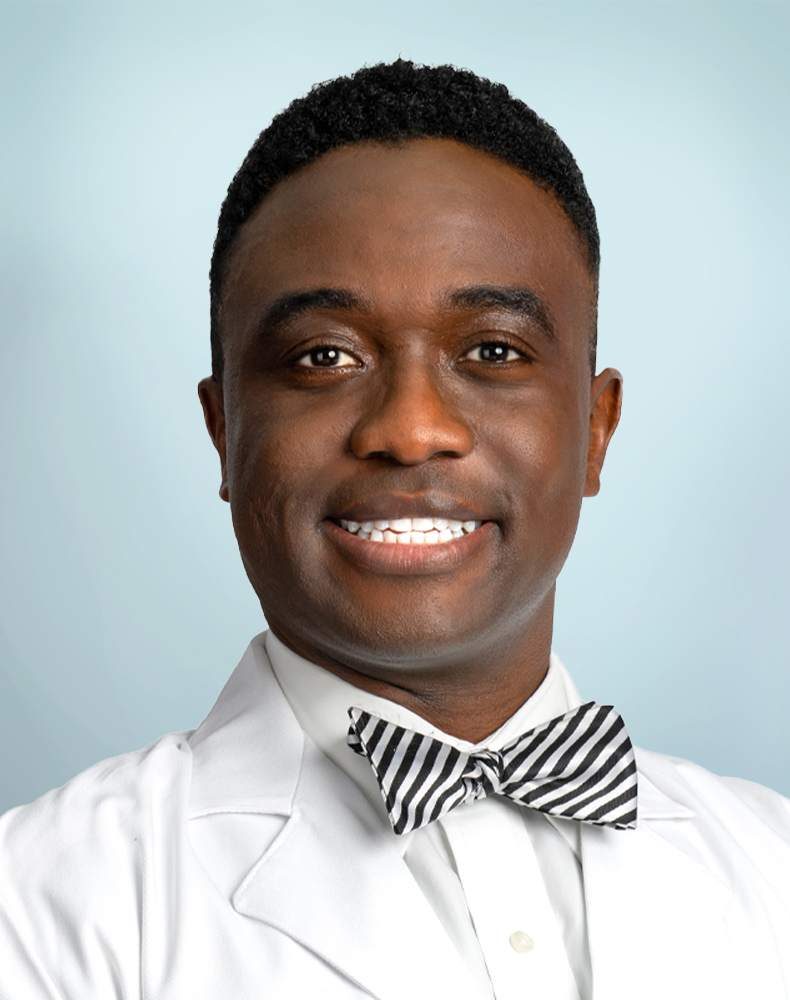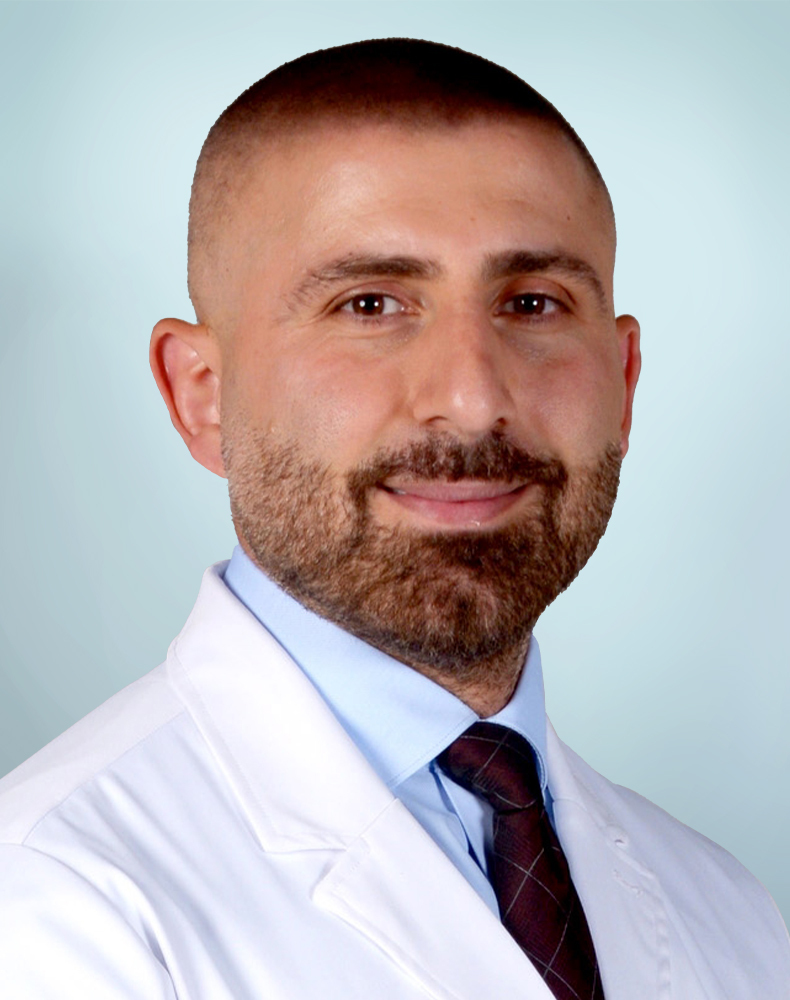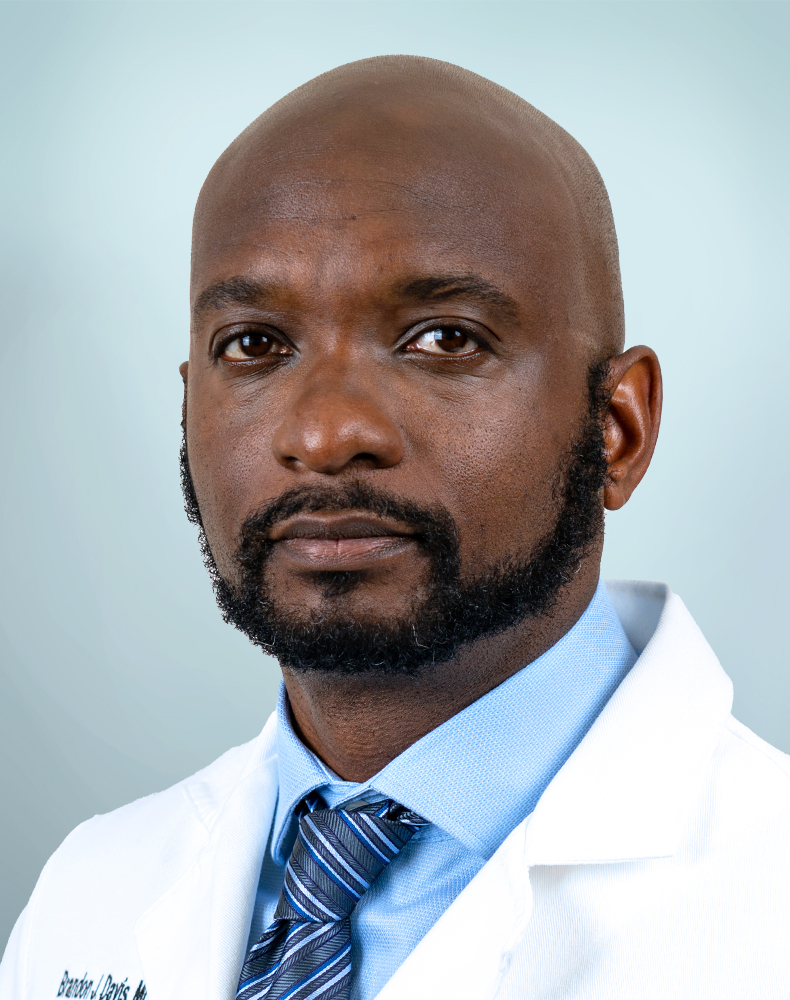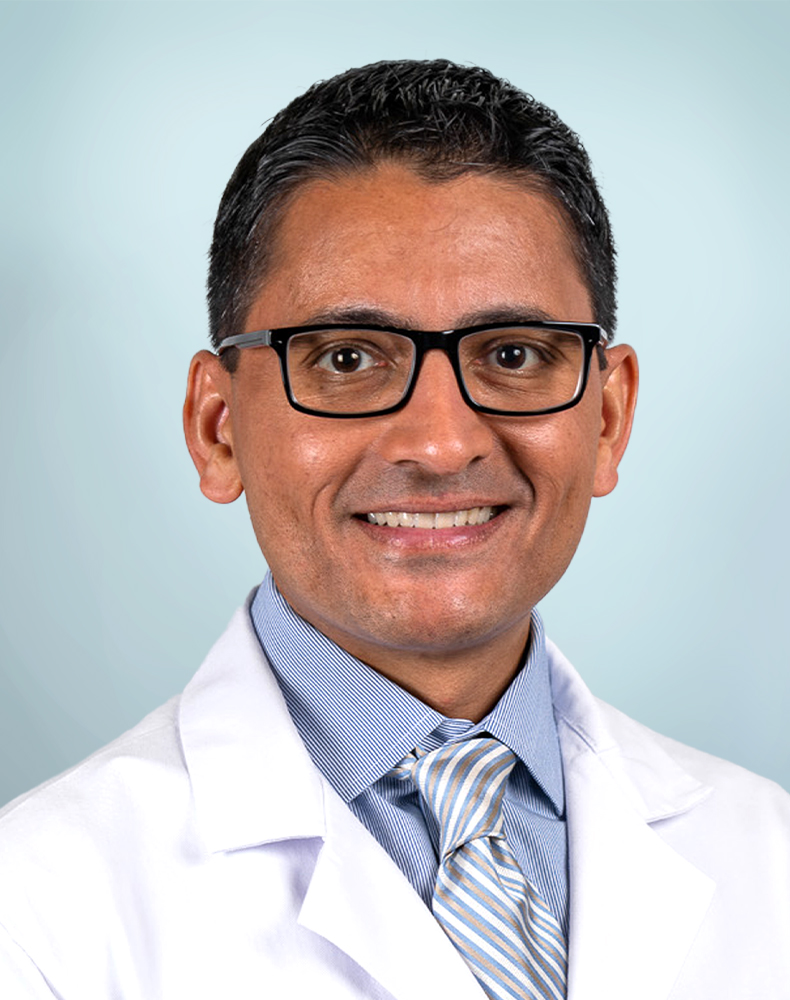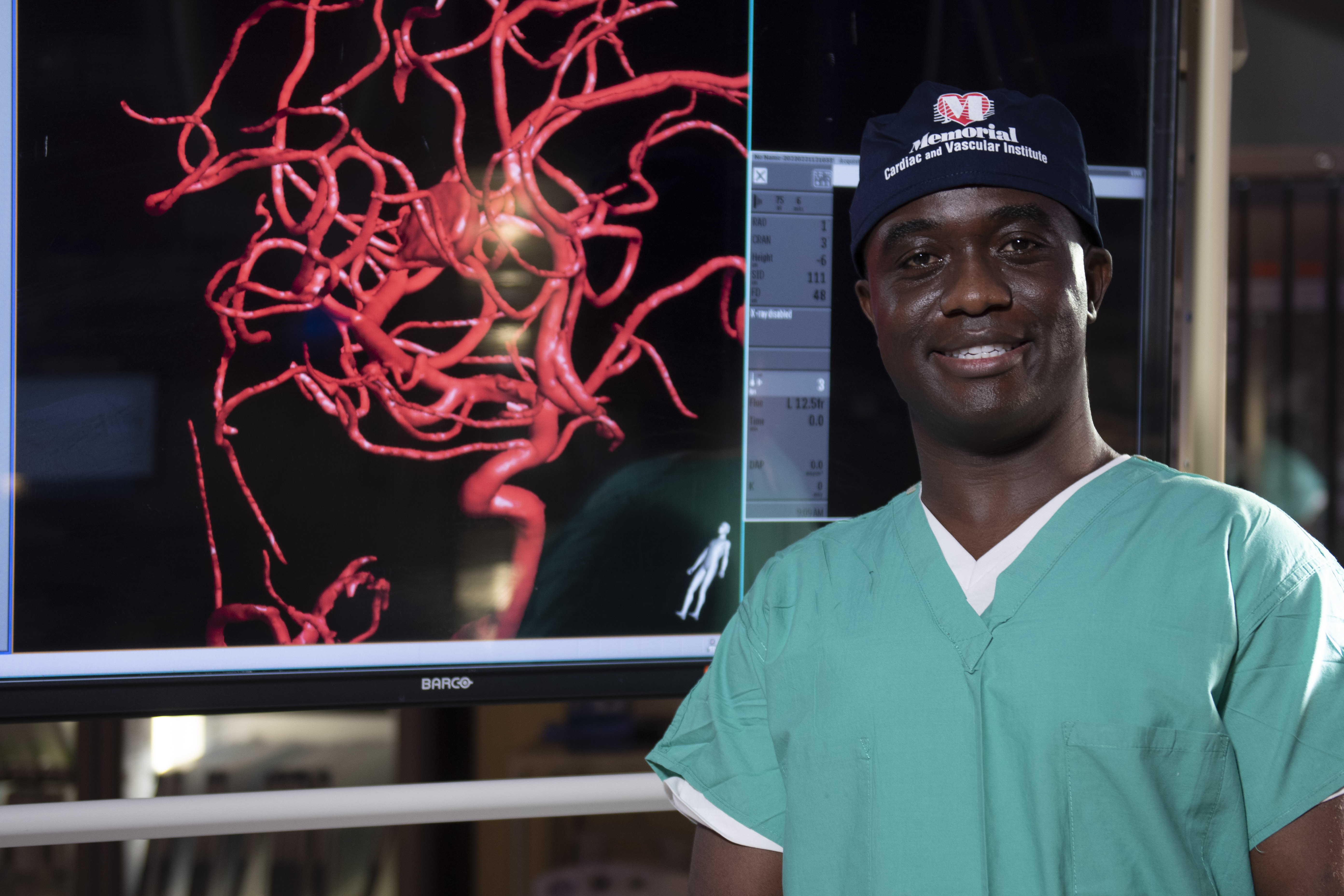
Brain Aneurysms
We provide comprehensive care for brain aneurysms to reduce the risk of rupture and bleeding
At Memorial Neuroscience Institute, you’ll find the latest brain aneurysm treatments tailored to your condition and unique needs. Options include aneurysm coiling, flow diversion or surgical clipping.
A brain aneurysm (cerebral aneurysm) is a bulge in an artery in your brain. It forms at a weak spot in the artery wall, often at a branching point. If a brain aneurysm becomes large, it may bleed or rupture, causing a life-threatening stroke.
Types of Brain Aneurysms
Doctors classify brain aneurysms based on their shape:
- Saccular (berry) aneurysm: A sac-like bulge off the side of the artery, often resembling a berry on a vine. This type accounts for the majority of all brain aneurysms.
- Fusiform aneurysm: A bulge that expands across the width of the artery.
A third type of aneurysm — mycotic aneurysm — is caused by an infection in an artery wall. This type is rare, accounting for less than three percent of brain aneurysms.
Although anyone can develop a brain aneurysm, some people have a higher risk due to certain health conditions such as:
- Arteriovenous malformations
- Inherited connective tissue disorders, such as Ehlers-Danlos syndrome
- Polycystic kidney disease
Other factors may also increase your chance of a brain aneurysm, including:
- Smoking
- High blood pressure
- Age over 40
- Drug use, especially cocaine or amphetamines
- Female sex
- Family history of aneurysms
- Infection in an artery wall
- Previous brain injury
Most brain aneurysms don’t cause symptoms. In some cases, they can press on nearby nerves, causing:
- Dilated pupil
- Facial weakness, numbness or paralysis
- Pain above or behind one eye
- Vision changes, such as blurred or double vision
A rupture, or stroke, is often the first sign of a brain aneurysm. Call 911 immediately if you experience any of the following symptoms:
- Sudden and severe headache people often describe as the worst in their life
- Blurred or double vision
- Light sensitivity
- Nausea and vomiting
- Neck stiffness
- Seizures or loss of consciousness
Diagnosing Brain Aneurysms
Brain aneurysms often go undetected or are found on brain imaging tests ordered for other reasons. If you have symptoms or are at risk of a brain aneurysm, your doctor may want to check the arteries in your brain.
Tests we use include:
- CT angiography (CTA) and MR angiography (MRA): CTA and MRA are traditional CT and MRI scans taken after injecting a contrast dye into a blood vessel. As the dye moves through your bloodstream, it provides a better view of your arteries and any bulging areas.
- Cerebral angiography: This minimally invasive test uses dye to enhance X-ray images. Your doctor inserts a thin tube (catheter) into a blood vessel in your groin or wrist and threads it to an artery in your neck. They release the dye while taking X-rays. If your doctor finds an aneurysm, they may treat it during the test by passing small tools through the tube.
In the event of a ruptured brain aneurysm, your medical team acts quickly to make a diagnosis and plan treatment. Learn more about our stroke treatments and nationally recognized stroke centers.
Brain Aneurysm Treatments

The goal of treatment for brain aneurysms is to relieve symptoms and prevent a dangerous rupture. When deciding on a treatment plan, we consider aneurysm size, location and your overall health. If an aneurysm is small and not causing symptoms, we may monitor it with routine imaging tests.
Larger aneurysms typically require procedure to secure the aneurysm dome and seal the neck.
We offer two main techniques:
- Brain aneurysm clipping: This procedure requires open brain surgery to access the affected artery. The neurosurgeon attaches a small metal clip at the base of the aneurysm to close it off.
- Brain aneurysm coiling and stenting: These minimally invasive techniques involve inserting a thin tube into an artery to reach the aneurysm. The neurosurgeon may then place coils of wire inside the aneurysm to cut off blood flow. Or they may put a metal mesh tube (stent) inside the blood vessel to provide stability.
Our neuroscience teams are at the forefront of aneurysm care. We adopt new technology as it becomes available, making procedures safer and more effective. Examples of devices we offer include:

- Flow diversion devices: These stents open inside the artery, sealing off the aneurysm while maintaining blood flow through the vessel.
- Intrasaccular devices: These metal mesh devices are spherical or barrel-shaped to fit securely inside a saccular aneurysm. When placed, they help seal the aneurysm off from the rest of artery.
Brain Aneurysms: Why Choose Memorial Neuroscience Institute?
As a leading neuroscience program in South Florida, we provide:
- Exceptional expertise: Our fellowship-trained neurologists, neurosurgeons and NeuroInterventionalists work together to manage your care. They treat a high volume of patients and have a proven track record of treating brain aneurysms. Meet our team.
- Innovative treatments: At Memorial Neuroscience Institute, we offer the latest minimally invasive surgical approaches. You may also have access to clinical trials evaluating new technologies and treatments.
- Leading-edge neuroimaging: Our experienced neuroradiologists perform sophisticated imaging studies to diagnose brain aneurysms. They also coordinate with your care team to develop a treatment plan. Find out more about neuroradiology.
- Timely care: We offer same-day appointments for new brain aneurysm diagnoses to establish a treatment plan right away.
- Personalized approach: You’re at the center of everything we do. Every member of your team is dedicated to helping you get the care you need when you need it.
- Advanced stroke care: Two of our hospitals are Comprehensive Stroke Centers (the highest level), and two are Primary Stroke Centers. Our stroke treatment outcomes exceed national benchmarks for timely treatment. Receiving rapid care is the main factor in how well patients do after a stroke.





It matters to you. It matters to us.
Quality and Safety Data for Memorial Healthcare System's Neuroscience Institute
Our goal is to provide our patients with the information they need to make informed choices for themselves and their families.
View Quality and SafetyYou have a right to know about pricing
We want to give you the information you need to make important healthcare decisions.
View PricingMyChart Portal
View test results, schedule follow-up appointments, request prescription refills and more.
Login or Sign-up to MyChart



